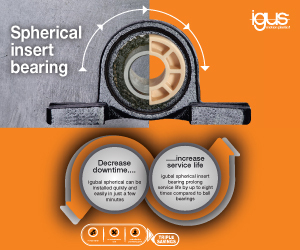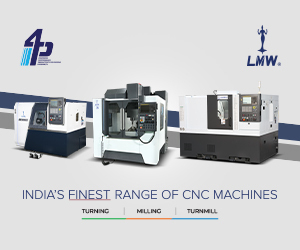
Going Green ideally starts in a company's own manufacturing facility, where they have complete control on the processes. The aspect-impact analysis gives an indication of the possible environmental outcomes of the manufacturing processes.
At the operational level, it requires to implement the (new) manufacturing processes that minimise the use of natural resources, promote the use of alternative energy sources such as solar or wind power, minimise the impact of packaging wastes through developing environment-friendly biodegradable material, adopt technology-shifts to minimise emissions and refining practices in the industries, all of which ultimately contribute in lowering the organisation's overall carbon footprint.
The focus on design aims at minimising the overall environmental impact throughout the entire lifecycle of the product or process, and the product stewardship till it reaches the end of life.
Designing a product not only focuses on minimising the usage of toxic substance to ensure customer safety and lowering the usage of fresh raw materials, but it also focuses on recyclability of wastes and its safe disposal.
To drive the Green Manaufacturing strategy, the organisation must implement effective Green Manufacturing systems that will help in identifying the key success factors for its real-time implementation.
In real-time industrial context in India, the systems model is still focused on three dimensions - Green Design, Green Manufacturing processes and Green Packaging. To ensure effective implementation of the Green Manufacturing strategy, it needs to be dropped down to specifics.
For the successful implementation of Green Manufacturing, the senior leadership must be committed towards the greener future on a broader and long-term perspective. The scope enhances to the other areas of value chain once the process matures in the identified areas.
Challenges encountered in going Green
Green Manufacturing can directly benefit the environment, and corporates get many benefits of getting engaged in the journey. However, there are challenges that need to be addressed through well laid-out strategy right from the organisational level to the operational level. The major challenges in implementing the Green Manufacturing are briefly discussed below.
a) Leadership commitment: It is extremely important to have a high level of leadership commitment right at the board-level. Although it has been established that Green Manufacturing has several long-term benefits in terms of enhanced value, it calls for investments, and hence, negative returns in the short term.
There is always a debate whether Green Manufacturing is good business or a bad investment. Hence, it is important how an organisation balances the long-term benefits of its Green strategy and the interest of the shareholders and protects their profits. Fortunately, the financial community has started realising the long-term benefits of Green Manufacturing and established pricing strategies for the Green approach, Social and Environmental externalities.
b) Strategic outlook: Often in organisations, the Green Manufacturing strategies are one of the operational-level strategies, which are aimed towards cost reduction, resource conservation or compliance to management systems requirements such as Environment Management Systems.
It is important to integrate the concepts of sustainability and Green Manufacturing within the core strategy of the organisational value chain and the process design. This will enable the organisation to have a holistic approach towards the initiative.
This will also enable them to establish metrics which will be monitored and reviewed to check for the effectiveness of implementation. Few leading business conglomerates in India have adopted such integrated framework such as Sustainable Operational Excellence or Green Cards which are enabling them to get the best of the advantages.
(Continued on the next page)





































